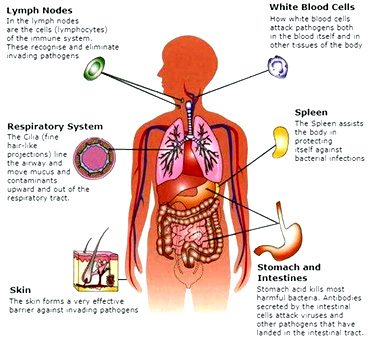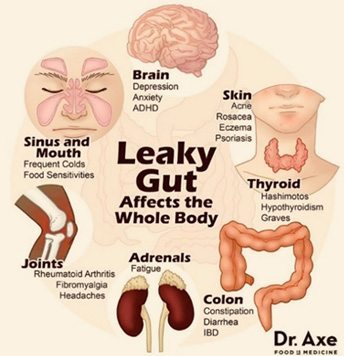It is important to have your immune system preforming at peak condition, especially now that Winter is just around the corner. Your immune system is the body’s first line of defence against illnesses and infections such as – bacterial, viral or parasitic infections.

Your white blood cells are the key players in having a healthy immune system, they are made in your bone marrow and are part of the lymphatic system which eliminates toxins from your body. Gastrointestinal health is essential as 80% of your immune system is found in your gut.
A poorly functioning immune system leads to many health issues such as;
- Allergies or sensitivities – food or environmental causing hay fever or sinus issues, eczema, dermatitis, acne or even migraines;
- Autoimmune diseases (this is where your cells mistakenly attack each other) – Hashimoto’s Thyroiditis, Graves’ Disease, Rheumatoid Arthritis, Type 1 Diabetes, Systemic Lupus Erythematosus, Psoriasis, Inflammatory Bowel Diseases, Multiple Sclerosis, Sjogren’s Syndrome, Pernicious Anaemia;
What causes low immunity?
- Stress – when we are stressed the immune system’s ability to fight off infections is greatly compromised leading us to being more susceptible to infections. The stress hormone corticosteroid can suppress the effectiveness of the immune system by lowering the number of lymphocytes being produced. Stress responses influence the digestive system as digestion is controlled by the enteric nervous system, which communicates with the central nervous system activating the ‘flight or fight’ response. This can lead to inflammation of the gastrointestinal system causing ‘leaky gut syndrome’, irritable bowel syndrome, ulcers or low stomach acid which allows for bacterial overgrowth or parasitic infections or fungal infections such as candida overgrowth.
Stress also causes hypertension, cardiovascular diseases, anxiety and depression which all affect your immunity. Stress can lead to unhealthy behaviours such as drinking too much alcohol, smoking cigarettes or taking recreational drugs.

Stress and Poor Diet affect the whole body.
-
Poor diet – making poor nutritional choices when you are in a hurry, over worked or just exhausted. Most people crave sugar or high carbohydrate foods when they are stressed. This adds extra stress on an already suffering digestive system causing ‘Leaky Gut Syndrome’.
-
Lack of sleep – avoid caffeinated drinks such as coffee, energy drinks or alcohol when you are tired. These give you a ‘quick fix’ but this does not last, and you find yourself crashing again and looking for another energy boost. Reducing screen time (at least two hours) before going to bed and sleeping in a dark room with no electronic devices, such as computers, smart phones, tablets or television, is a proven way of making sure you have a good night’s sleep.

-
Sedentary Lifestyle – get moving! As most of us are time poor it is essential to try and exercise at least three times a week. This can be as simple as taking your dog or children for a walk, attending a yoga or Pilates class or choose an exercise program that is of interest to you. Exercise is a great way of enhancing your mood, stimulating your lymphatic system and helping you to lose weight or to tone up. It is just as important not to over exercise as this is just as harmful to your immune system as not exercising.

-
Too much alcohol – drinking alcohol on a regular basis is detrimental to your immune system as it effects the gut flora and leads to ‘leaky gut syndrome’. Too much alcohol over many years effects liver function as well as many other organs in your body. Research is finding that people are drinking on a regular basis as a way too ‘de-stress’ after a busy day at work or looking after the children. Most people are familiar with the term ‘wine o’clock’ etc. Binge drinking is popular with the younger generations although if you are finding that you can be alcohol free for the week and then regularly overindulge on the weekends, this is also a form of ‘binge drinking’.


